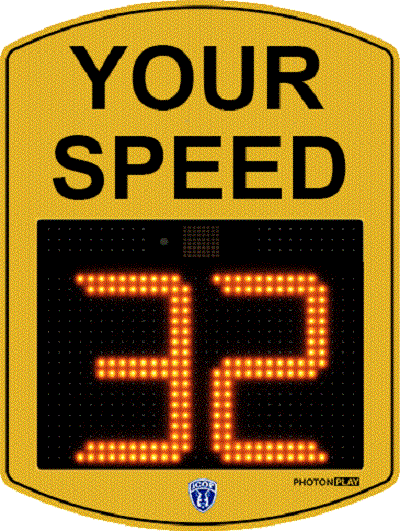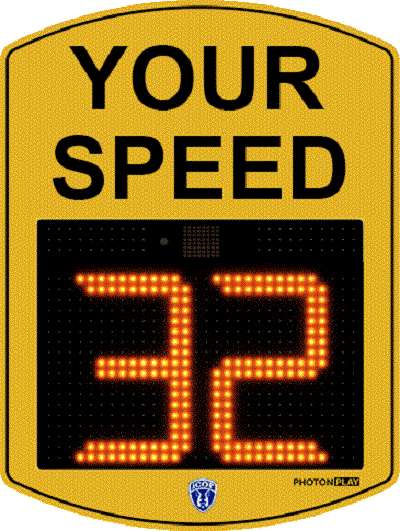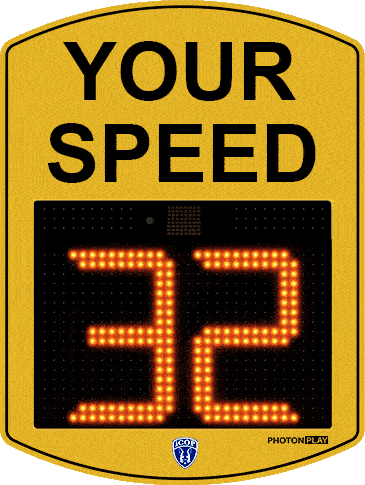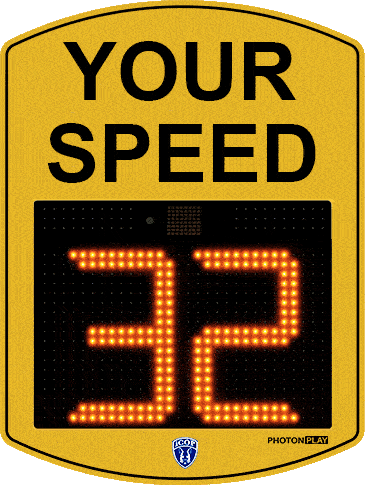HOME | DD
 photonnplay — Speeding Tickets: Driver vs. Owner Responsibility
photonnplay — Speeding Tickets: Driver vs. Owner Responsibility

#roadsafety #trafficsignals #vms #trafficsafety #trafficrules #radarspeedsign #leddestinationsign #vsls
Published: 2023-07-24 10:20:08 +0000 UTC; Views: 566; Favourites: 2; Downloads: 0
Redirect to original
Description
The issue of accountability arises when a car is discovered going over the speed limit , which happens frequently on the roads. Should the owner of the car or the driver be held liable for their actions? In this article, we’ll examine the criteria that decide who is responsible for speeding penalties and clarify the controversy between driver and owner accountability.
Driver ResponsibilityMost of the time, any speeding violations are the responsibility of the vehicle’s driver. Drivers are expected to follow all traffic laws and posted speed restrictions when operating a vehicle. A speeding ticket is normally given to the driver if they are observed by law enforcement or speed cameras going over the posted limit.
The idea of personal accountability serves as the foundation for attributing blame to the driver. When someone sits behind the wheel, they take on the responsibility of driving the car safely and responsibly. Speeding is seen as a deliberate activity on the part of the driver and a clear violation of the law, making them responsible for their behavior.
Owner ResponsibilityAlthough the driver is typically held accountable, there are some circumstances where the owner of the vehicle may also be held responsible for a speeding penalty. One such situation is when the owner is present in the car but isn’t the one using the steering wheel. Even if the owner is not driving at the time of the offense, they may be held accountable in some jurisdictions for the actions of any driver using their car.
Owner accountability is justified by the notion that owners must take reasonable care while entrusting someone else with their vehicle. Owners implicitly assume liability for any traffic violations committed while the vehicle is in their possession by letting someone else drive it. This strategy encourages owners to exercise caution when leasing their cars and encourages drivers to take responsibility for their actions.
Determining AccountabilityThe identification of the driver or owner who received a speeding ticket frequently depends on several variables, including regional rules and regulations. No matter who was driving, strict liability laws in some countries may make car owners liable for speeding violations. In some jurisdictions, the owner is required to provide evidence that they were not the driver at the time of the offense.
Law enforcement authorities and courts may depend on evidence like testimony from witnesses, video recordings, or data from speed cameras or radar equipment to establish accountability. Accurately determining who was driving at the time of the violation depends on their identification.
ConclusionThe basic rule is to hold the driver responsible for their acts in the debate over driver vs. owner accountability for speeding tickets. However, there are several cases in which owner liability is mandated by local legislation or when the owner is physically present in the car. Both drivers and owners must be aware of the laws in their area and comprehend their responsibilities when it comes to speeding violations.
In the end, encouraging safe and responsible driving should involve everyone. Drivers must obey posted speed restrictions and drive defensively, and vehicle owners must take care while handing over their vehicles to third parties. We may promote a culture of accountability, make a contribution by comprehending the complexities of the driver’s and owner’s responsibilities for speeding citations, and contribute to safer roadways for everyone.

























